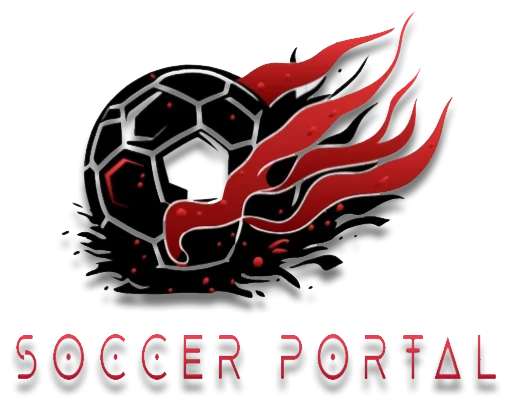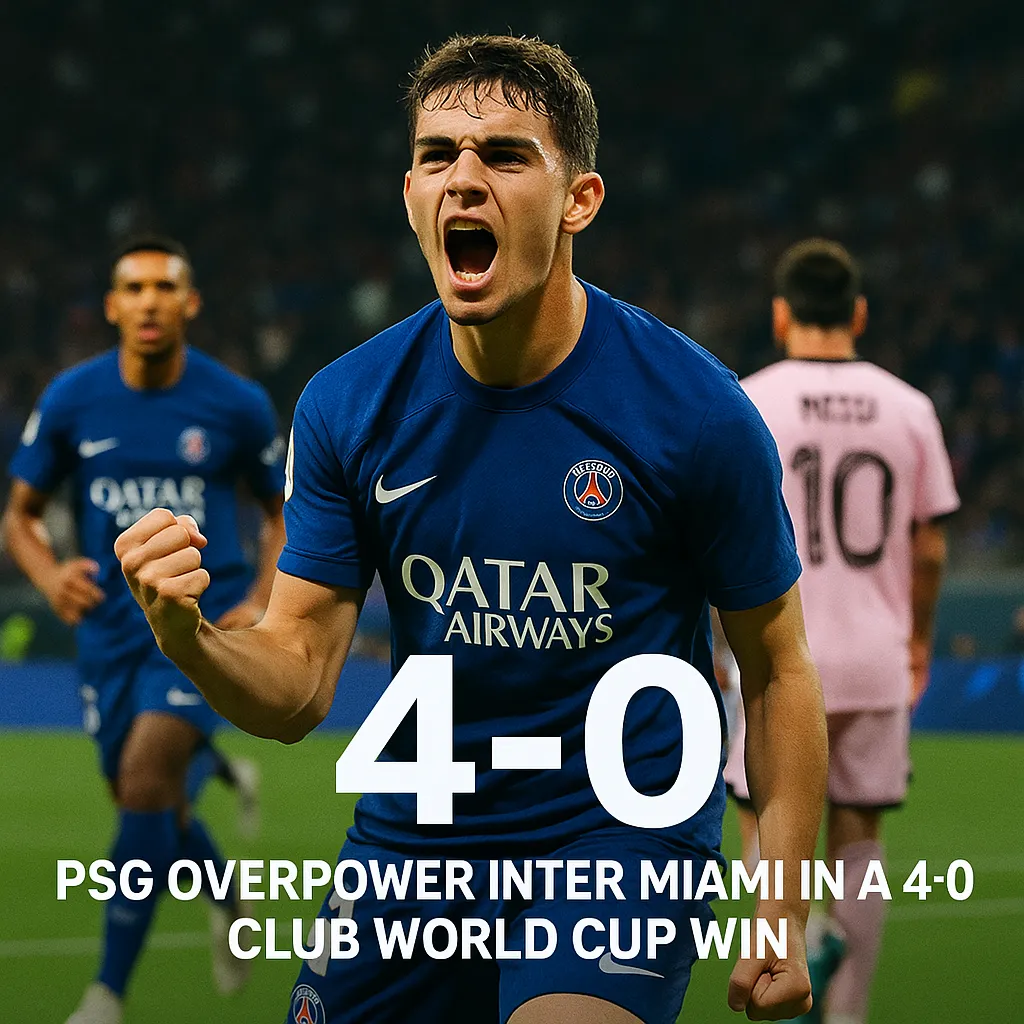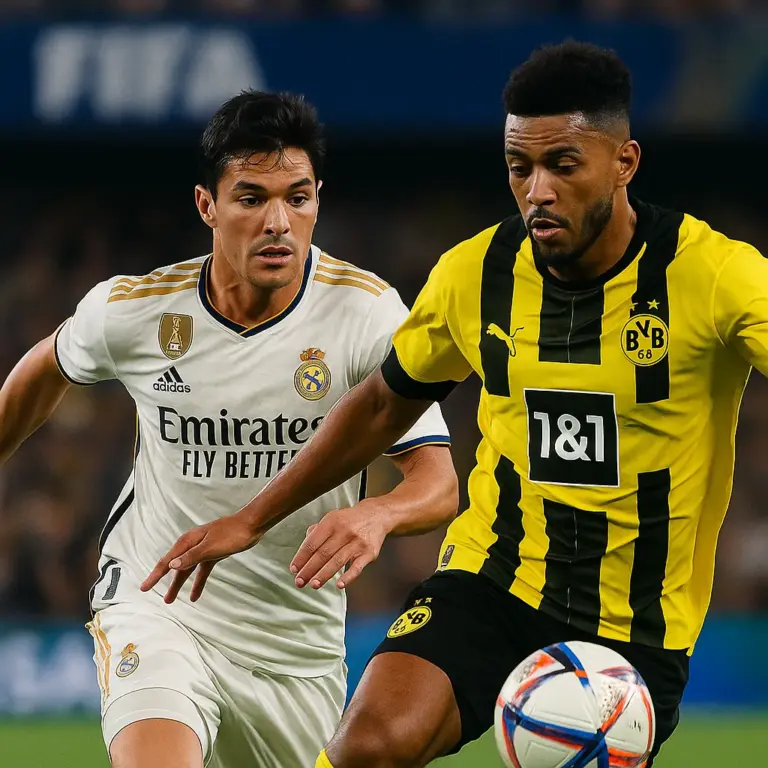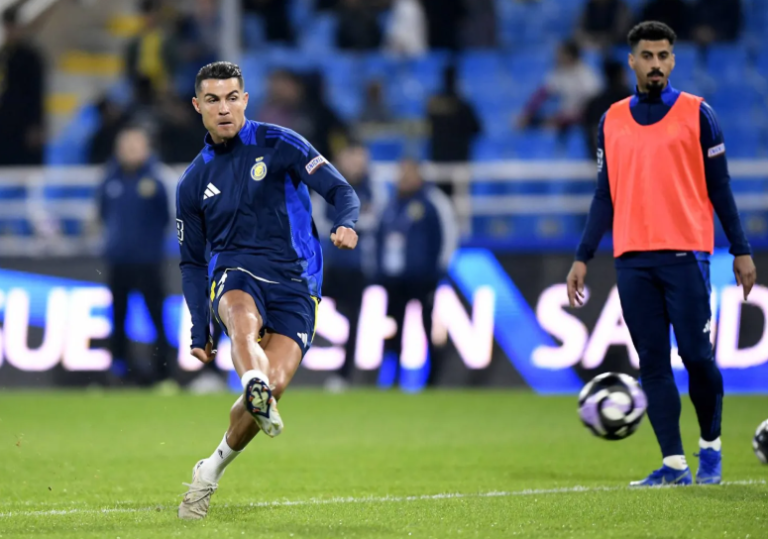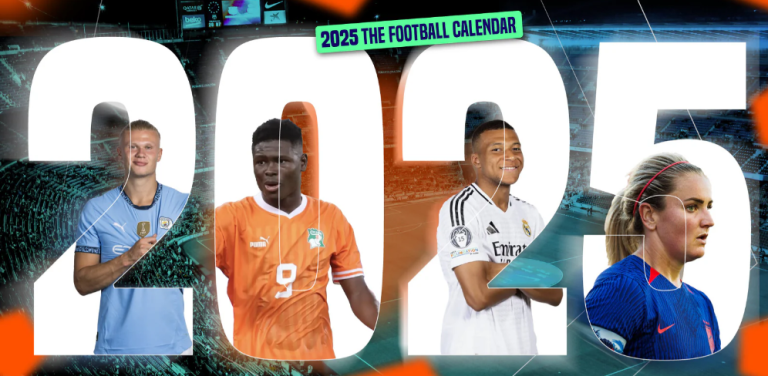PSG Overpower Inter Miami in a 4-0 Club World Cup Win
Paris Saint-Germain confirmed their status as one of the most formidable sides in world football with a crushing 4-0 victory over Inter Miami in the FIFA Club World Cup. The French champions, led by Luis Enrique, delivered a first-half performance that decided the game long before the final whistle.
A One-Sided First Half
From the opening minute, PSG pressed high and suffocated Miami’s attempts to build from the back. The Americans, featuring Lionel Messi, barely had time to settle before being forced into mistakes. Joao Neves opened the scoring early, and despite Miami’s hopes of a comeback, the pressure never eased.
By the 39th minute, Neves struck again to double the lead. Moments later, an own goal from Tomas Aviles followed by a stoppage-time strike from Achraf Hakimi put the result beyond doubt. At halftime, the scoreboard read 4-0 — a reflection of Paris’ complete dominance at the Mercedes-Benz Stadium.
Goals and Moments
- 6’ – Joao Neves calmly finished after a well-worked PSG press.
- 39’ – Neves struck again, his first career brace, confirming PSG’s control.
- 44’ – Aviles deflected a cross into his own net under pressure.
- 45+3’ – Hakimi added the fourth, a perfect end to a flawless half.
The scoreline could have been even heavier, as Barcola, Kvaratskhelia, and Doue repeatedly carved through Miami’s midfield with pace and creativity.
Second Half: Controlled Energy
With the job effectively done, PSG reduced intensity in the second half. Luis Enrique rotated key players like Marquinhos and Fabián Ruiz, preserving them for upcoming rounds. The tempo slowed, giving Inter Miami a chance to breathe. They managed a few counterattacks and held the ball longer, but never seriously threatened Gianluigi Donnarumma’s goal.
For Miami, just reaching this stage was already an achievement. The MLS side had fought bravely in the group phase but against PSG they faced an opponent operating on a different level. As coach Javier Mascherano admitted post-match, “The difference is the difference — but we are proud of our effort.”
Return of Ousmane Dembélé
One positive for PSG was the return of Ousmane Dembélé. Sidelined through injury earlier in the tournament, he was introduced in the second half to regain match rhythm. His pace and link-up play offered yet another attacking weapon in a squad already overflowing with talent.
Reactions from Players and Coaches
Luis Enrique praised the team’s composure:
“We controlled the match almost perfectly. The first half was outstanding. In the second, Miami had some moments, but overall it was exactly what we needed.”
Joao Neves, the man of the match, was equally satisfied:
“This is the first time I’ve scored twice in one game, so I’m very happy. But more important than my goals is that we kept playing our style and got a big win.”
Defender Willian Pacho highlighted the team’s collective spirit:
“Since I joined, the group has supported me on and off the pitch. We are young, hungry, and we work hard every day. This is why results like this are possible.”
From the other bench, Mascherano acknowledged PSG’s superiority but praised his side’s character:
“We fought until the end, and this experience will help us grow. Facing PSG is a test few can pass.”
Statistical
The win extended PSG’s impressive defensive record. They have conceded only once in four matches of this FIFA Club World Cup campaign. More strikingly, their last five victories across competitions have all come with clean sheets, averaging 3.6 goals scored per match.
PSG Club World Cup Performance Snapshot
| Metric | PSG Record |
| Goals scored vs Inter Miami | 4 |
| Goals conceded in tournament | 1 |
| Consecutive wins without conceding | 5 |
| Average goals per game in last 5 wins | 3.6 |
Tactical Superiority on Display
What stood out most was PSG’s balance between technical ability and physical dominance. Luis Enrique’s midfield trio of Fabián Ruiz, Joao Neves, and Vitinha dictated tempo, denying Inter Miami even short spells of possession. The combination of pressing intensity and quick recovery runs turned the match into a one-way contest.
For Miami, Messi had fleeting moments of involvement, but PSG’s defensive structure ensured he never had time to influence the game. Whenever the Argentine tried to pick up the ball between the lines, he was immediately surrounded. The gulf between MLS pace and European elite tempo became evident.
Lessons for Inter Miami
Despite the heavy defeat, Inter Miami can still draw positives. Their path to the knockout stages proved they are capable of competing internationally, even if the clash with PSG highlighted their limitations. Mascherano’s young squad gained valuable experience facing world-class opponents. For a club that only recently entered the global stage, this type of test builds resilience and sets benchmarks for future progress.
The reality, however, is clear: to challenge the likes of PSG, Miami needs greater squad depth and more experience in high-intensity matches. Their effort was commendable, but the result exposed the distance they still need to cover.
Joao Neves: A Rising Star
The spotlight belonged to Joao Neves. The 19-year-old midfielder not only ended his 18-match goal drought but also scored his first career brace. His energy, vision, and clinical finishing offered a glimpse of why PSG invested heavily in his development.
Neves’ post-match comments reflected both joy and determination: “I’m happy for the goals, but more importantly, we played with confidence and never changed our style. That shows our mentality as a team.”
For PSG, Neves’ emergence adds another dimension to an already rich squad. His ability to join attacks while maintaining defensive responsibilities could be key as the tournament progresses.
Tournament Context
This 4-0 victory propelled PSG into the semifinals, where they later dismantled Real Madrid 4-0, proving their consistency was no fluke. With Chelsea also advancing on the opposite side of the bracket, the stage was set for a blockbuster final.
For spectators, PSG’s form suggests they are not only chasing the title but also trying to redefine dominance in international club football. Their average of over three goals per game, paired with their defensive solidity, leaves little doubt about their status as frontrunners.
Fan Perspective and Atmosphere
The Mercedes-Benz Stadium crowd witnessed a football masterclass. From the organized chants of PSG supporters to the hopeful roar of Miami fans every time Messi touched the ball, the atmosphere captured the essence of global football culture.
Yet as goals piled up, the noise increasingly came from Parisian fans celebrating each clinical strike. For neutrals, it was a chance to watch a team playing near-peak form, while for Miami faithful, it was a sobering but memorable night.
A Statement Victory
Paris Saint-Germain’s 4-0 triumph over Inter Miami was not merely a win—it was a message. It showed the depth of talent at Luis Enrique’s disposal, the hunger of rising stars like Neves, and the tactical maturity of a squad aiming to cement itself as the best in the world.
For Inter Miami, the night served as a reality check, but also a valuable learning curve. Facing one of Europe’s finest highlighted both their growth and the road ahead.
As the FIFA Club World Cup advances, one question lingers: can anyone stop PSG? If their performance against Miami is any indication, the answer might be no.
